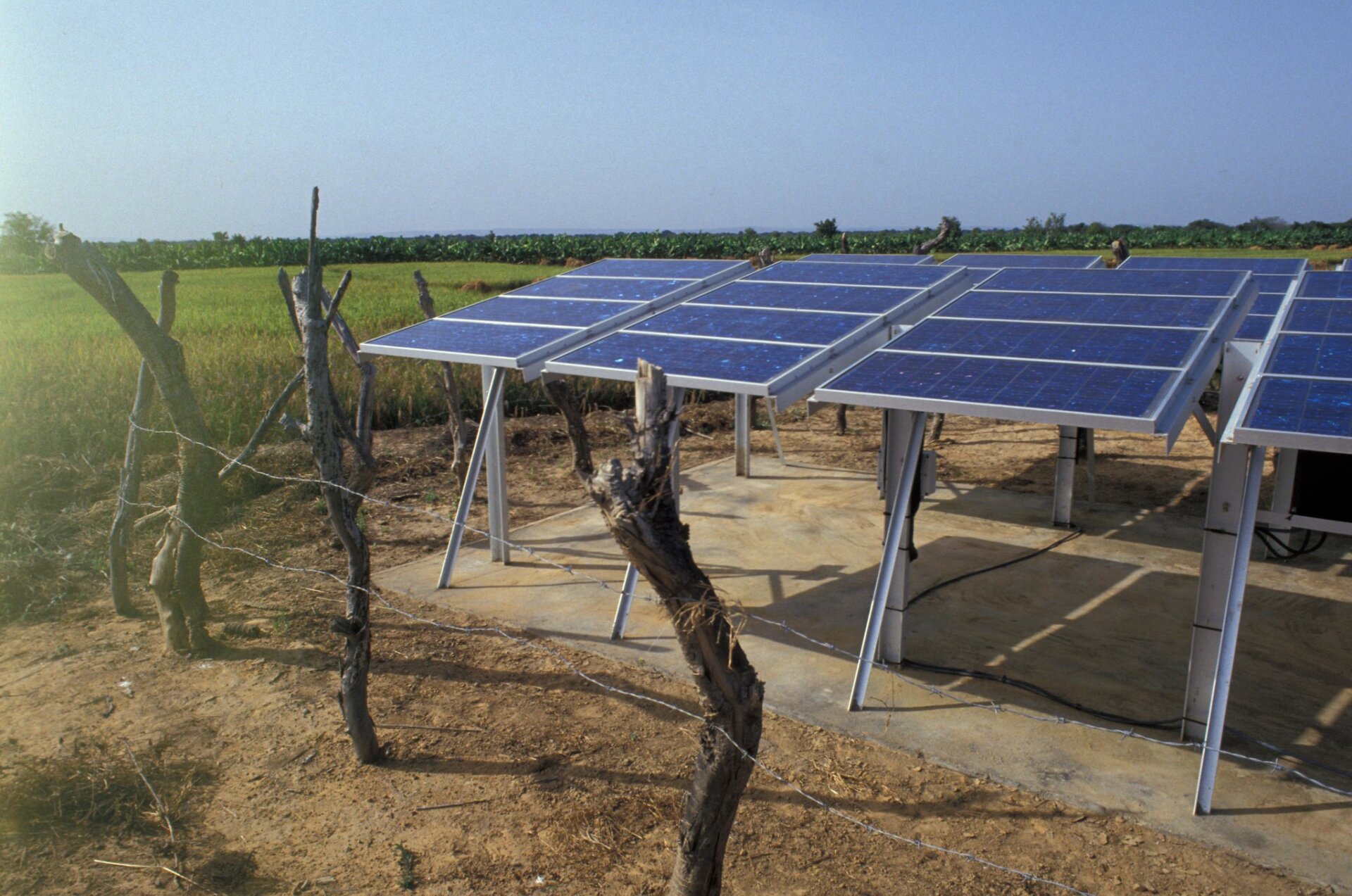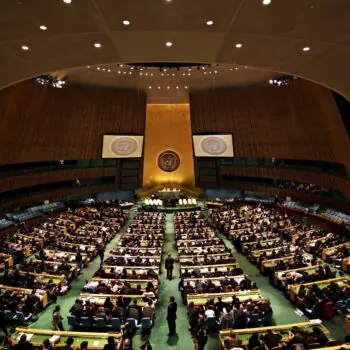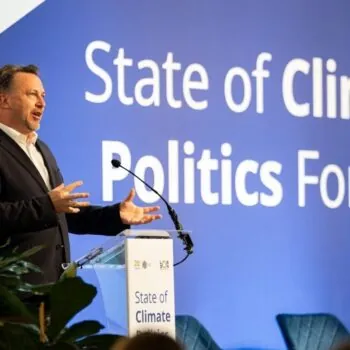The G7 plays a key role in global decarbonisation efforts and in promoting international climate cooperation. Huge geopolitical shifts in 2022 raised tough questions for the G7 Climate, Energy and Environment Ministerial – on energy security and the phase out of fossil fuels, food security, and on funding actions to address Loss and Damage from climate impacts. Questions that demand concrete progress in 2023.
Ahead of critical international climate policy crunch points in the next three years, the G7 needs to send strong signals to markets and middle-income countries of a path towards faster emissions reductions and climate risk management.
To lead accelerated transitions globally, the G7 need to build confidence amongst major emitters that transition finance is forthcoming. In addition, they need to join forces to call for faster action with smaller, climate-ambitious countries whose geopolitical swing-vote depends on resources for managing climate risk.
E3G has identified three areas where the G7 Climate, Energy and Environment Ministerial must deliver progress in 2023 to drive forward ambition across 2024 and 2025:
- Demonstrate consensus on accelerating green transitions at home and globally, leading by example to strengthen the case for faster action by others.
- Make a clear finance offer, in coordination with G7 Finance Ministers, for the evolution and innovation of the broader financial system needed to enable middle- and low-income countries’ green transitions.
- Make a strong offer on adaptation and loss & damage finance to facilitate global climate risk response and secure alliances with climate-vulnerable countries.
| PRIORITY OUTCOME | CRITICAL SIGNAL | RATIONALE |
| Demonstrate consensus on accelerating green transitions | Identify concrete steps for G7 domestic power sector decarbonisation by 2035. Advocate for language that signals fossil fuel phase-out, including domestic coal phase-out by 2030. Strengthen language on ending international fossil fuel finance. Oppose language on using hydrogen and ammonia for thermal power generation. | Coal remains the biggest GHG emitter. Language on phasing down all fossil fuels must contain explicit commitments on coal. |
| Oppose language committing to upstream LNG & gas investment. Confirm domestic efforts to reduce gas demand. | New upstream gas investment will not help meeting short- to medium-term energy needs or reduce the price volatility on LNG markets. | |
| Make a clear finance offer for the transition and support financial system reform | Clarify G7’s finance offer while calling for accelerated evolution of the public banks and International Monetary Fund. | A strong signal of support for MDB evolution can drive discussion in the G20, but their political will depends on a clear G7 finance offer. |
| Push for ambitious and harmonised new rules for the financial system, e.g. private sector transition plans, prudential regulation. | Transition cannot be achieved through disclosure alone. Strong rules and accounting for climate risks are also needed. | |
| Make a strong offer on adaptation and loss & damage funding | Clarify G7 contribution to doubling adaptation finance by 2025 & take ownership of sourcing funding of sourcing funding for addressing loss & damage. | Global peace and stability depends on funding being more accessible to invest in resilience; rebuilding a strong, high-ambition alliance depends on meeting climate-vulnerable countries’ priorities. |
With just over a week until the G7 Climate Energy and Environment Ministerial, the clock is ticking. G7 economies must resist the temptation to embrace short-term solutions to the ongoing energy crisis, which lock both G7 and partner countries into long-term dependency on volatile fossil fuel markets.
To live up to their aim to drive an accelerated global transition, the upcoming Ministerial must deliver a concrete, measurable roadmap for the G7 domestic energy transition, alongside dedicated financial and technical support for climate vulnerable countries in furthering their own transitions and to absorb the shocks and stresses associated with climate impacts.



